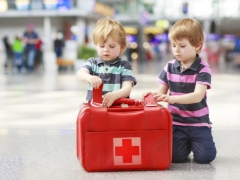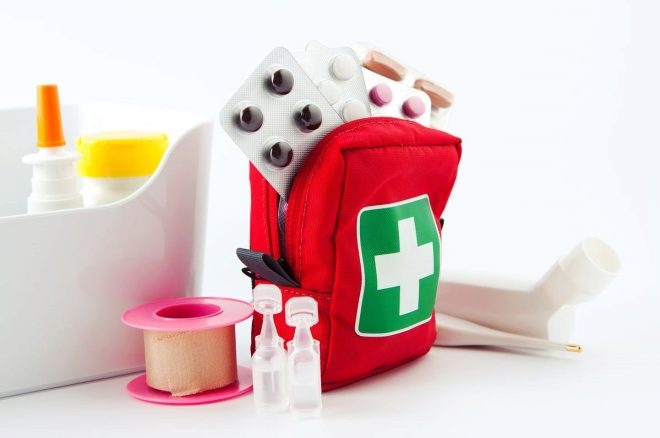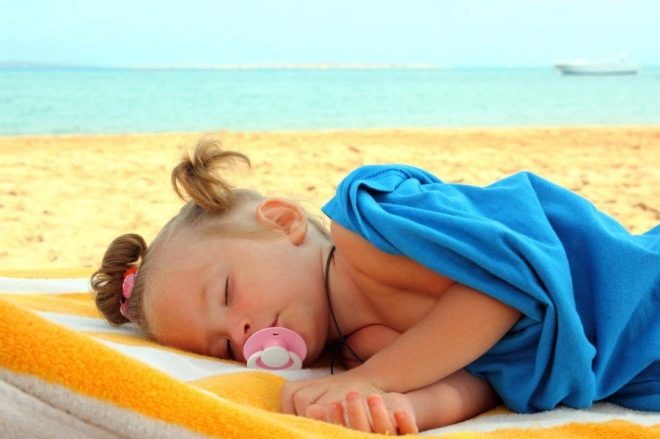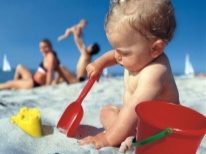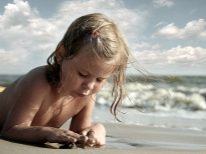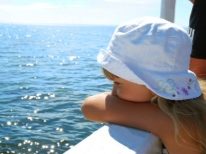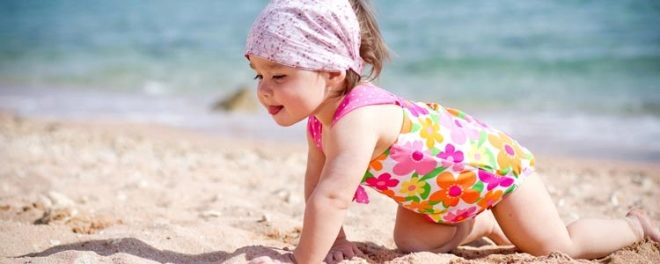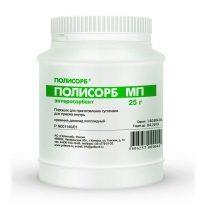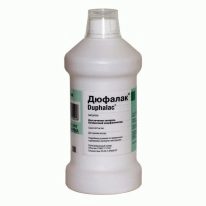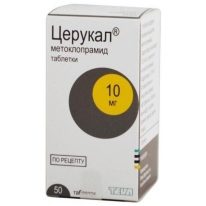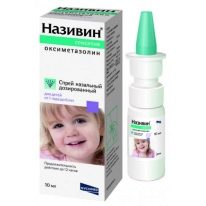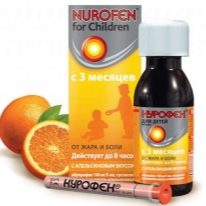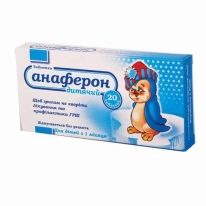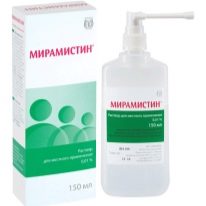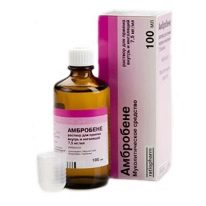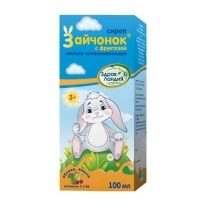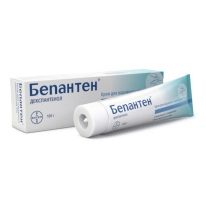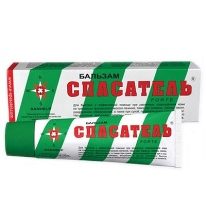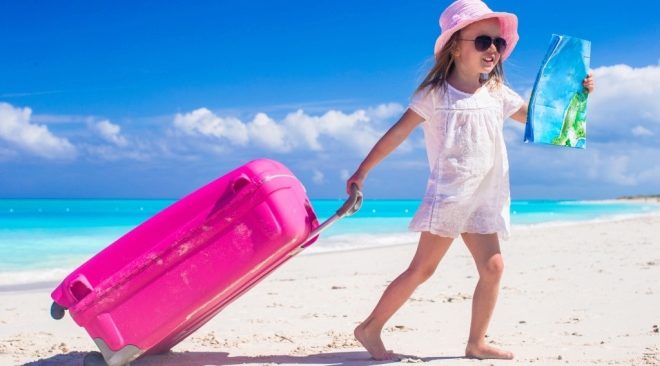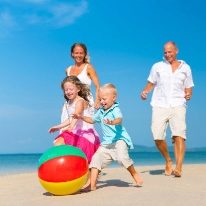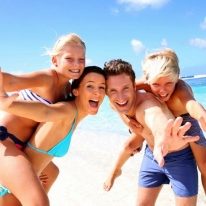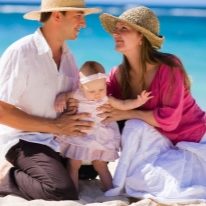The first-aid kit for the child in a trip to the sea
What could be more beautiful than relaxing on the seashore! This pleasure and great benefits both for adults and for children’s bodies. But the long-awaited vacation can be overshadowed by the sudden illness of a child. Around the sun, summer, and the baby has fever and diarrhea. In addition, parents do not understand where to run in an unfamiliar area for medicines.
Many troubles can be avoided if you choose the right medicines for the traveling road kit.
Frequent hazards
To compile a list of medicines that can be needed by the crumbs, you need to take into account the most common dangers that await the child on vacation.
Poisoning, eating disorder. Nausea, vomiting, indigestion stomach may occur as one of the symptoms acclimatization The child has. And they can be a reaction to a new and unusual food, an unfamiliar composition of water, unlike the usual drinking liquid in their native area. The child, playing around, can swallow sea water, and it is not safe for digestion, especially during the algal bloom.
Cold. Temperature, runny nose, cough are fairly common signs of acclimatization. So the child's immunity is rebuilt under the new habitat conditions.
Otitis. Inflammation of the ear very often catches babies after they bathe intensively in the sea for several days. Microorganisms, which are contained in water, and hypothermia, can also cause inflammatory processes. Such otitis is often referred to as “wind puffed”.
Sunburn Thermal lesions are especially dangerous for younger children, they are accompanied by high fever, and signs of intoxication and dehydration may appear.
Injuries. Well, what a children's holiday without scratches, bruises, abrasions and bruises! Some of these microtraumas require medication.
Lesions of the genitourinary system. Quite often, after swimming in the sea, the baby begins cystitis. This unpleasant and painful condition will necessarily require specialized medications.
Allergy. New climate, new plants, new food can cause an allergic reaction, especially if the baby has a tendency to it.
Nervous breakdown, hyperexcitability. After arriving at the resort, the behavior of all children changes, this is also a sign of acclimatization. Some babies become lethargic and drowsy, while others are exactly the opposite. If a child's sleep is disturbed, he shudders, often naughty, crying, nervous, he will also need help.
Rescue means
To help the sick baby and his upset parents should come safe, low toxic drugs of quick, not cumulative, action. They must match the age of the child. In the first aid kit must be:
Antidiarrheal drugs. Their task is to quickly and safely stop diarrhea that has begun. For children under 1 year - activated carbon, "Smecta". For older children - "Polysorb", "Enterosgel».
Antiemetic drugs. They are useful in food poisoning to cope with bouts of vomiting and prevent dehydration. Children up to 1 year - "Riabal", "Enterofuril". Children older will approach "Linex", "Zeercal».
Laxatives. For children of any age with constipation, you can apply "DuphalacAnd Prelaks.
Antipyretics. For children from three months and older, you can take Nurofen Children, Panadol, Ibuprofen, and older children - Paracetamol. Giving drugs that reduce fever, it is only after the temperature has risen above 38.5.
Antiviral agents. If the temperature is high, and the throat starts to ache and the nose starts to ache, you can give the child an antiviral agent. Children up to the year "Viferon", "Anaferon children", children older than a year - "Orvirem», «Tamiflu», «Kagocel».
From the cold. “Nazivin for children”, “Nazol for children”, “Rinofluimucil».
From cough. Syrup "Ambrobene, "Sinekod", "Licorice Root".
Antiseptics. It is better to treat the wounds and scratches on the beach with spray "Miramistin"," Sulfargin ", hydrogen peroxide, iodine.
Soothing preparations. In case of nervous overstrain, sleep disorders help well "Dormikind"," Rabbit ", older children -" Novopassit ".
Diuretics (diuretics). With cystitis and some other inflammatory processes of the genitourinary system can be given to children "Furadonin"," Urolesan ".
Antihistamines. With an attack, allergies are good help "Diazolin"," Suprastin ","Tsetrin».
From insect bites. Cream “Heal-ka” or ointment “Savior”.
First aid kit packaging rules
All medicines in the first-aid kit must have a valid expiration date. After that. as you check them, pack all of your medical stock in a waterproof, sealed bag, or use a special medicine bag that you can buy at any pharmacy or children's store.
If you are going to go abroad, be sure to check whether it is allowed to import into it specific drugs, so that you do not have trouble with customs officers and the police.
If a child has chronic illnesses or he or she systematically needs to take potent substances, be sure to put the doctor's prescriptions and prescriptions for these medicines in the first-aid kit.
Emergency drugs put on top, less important drugs, such as sunburn cream, can be folded to the bottom of the bag. Urgent and first-aid drugs include insulin (for patients with diabetes mellitus), antihistamines, antipyretics, antiseptics and hemostatic agents.
Try not to pack the first-aid kit with rectal candles, they can melt from the heat. If you purchased an expensive thermo bag, you should not worry about their safety. It is also not necessary to take ampoules with solutions in order not to accidentally break them.
Watch the video, which provides recommendations for completing a travel first-aid kit with a child:
What else to take with you?
In the travel kit, try to find a place for a number of other things. It’s worth taking a thermometer with the sea for a child, better electronic one. Be sure to fold in a sealed bag Zelenka (preferably in the form of a pencil), iodine 5%, two packages of a sterile bandage and one elastic bandage, tourniquet, dry ice, regular plaster, bactericidal plaster, cotton pads, cotton swabs, pipette, pharmacy rubber pear for enemas . Put tweezers and sterile wipes.
Do not forget to take sunscreen for children. In order not to miss with them, you need to remember only one thing: the younger the child and the lighter the skin, the higher the protection factor of the cream or spray is required. The usual range of protection for "childish" anti-tanning remedies is from 12 to 100. A tan kid needs a cream with an index of 15, a child with pale skin needs at least 25. The higher the protection, the better.
Tips of Dr. Komarovsky
Yevgeny Komarovsky, the most famous pediatrician in Russia and the CIS countries, enjoying unquestioned authority among modern parents, thinks that mothers should get help from their primary pediatrician for help in drafting a first-aid kit.
Issue devoted to leave with a child, see here:
A qualified specialist knows the child's medical history, his history, he will tell vulnerable individual places. If there is no time to go to the reception, you can get a pediatrician consultation by phone.
Yevgeny Olegovich Komarovsky is sure that there must be scissors in the medicine chest. He recommends that parents take along with a reliable safety pin, it is quite convenient to fix the bandages with it. The doctor recommends using disposable syringes to flush the nasal passages if such a procedure is necessary.
